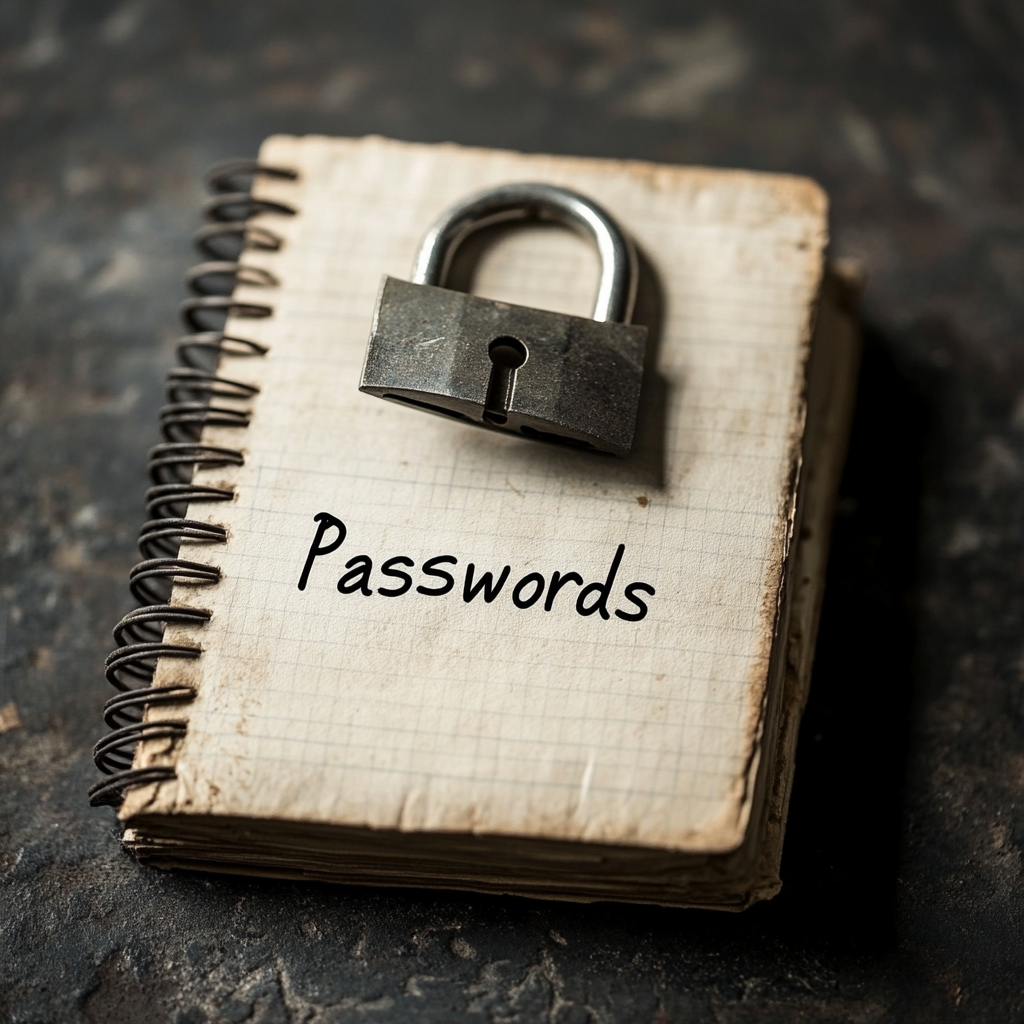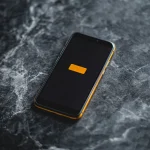Today, the Internet is a part of our lives: we communicate, pay for purchases, store photos, correspond, and even work online. But the more actively we use the network, the more important it is to be able to protect ourselves, even without technical knowledge.
In this article, you will learn how to protect yourself on the Internet without installing complex programs and without digging into the settings.
1. Use strong passwords (and don’t repeat them)
A password is your digital lock. If it’s weak, an attacker can get into your accounts.
🔐 Here’s a simple recipe for a good password:
- At least 12 characters
- Use letters, numbers, and symbols
- Don’t include dates of birth, names, “123456” and “qwerty”
- Each account has its own password
- 📌 Example of a strong password: hE77o!*nEt_Safe24
If you have trouble remembering everything, use a notepad (physical) or a secure password manager like Bitwarden or 1Password.
2. Enable two-factor authentication (2FA)
This is when, in addition to the password, the system asks for a code from an SMS or an application (for example, Google Authenticator). Even if someone finds out your password, they will not be able to log in without the code.
On important accounts (Google, Instagram, Telegram, banks), be sure to enable 2FA.
3. Be careful with emails and links
Phishing is when you receive an email or message that is disguised as a real one, but created by cybercriminals.
How to recognize phishing:
- The email comes from a strange address (for example, [email protected])
- They ask you to follow the link and enter your login/password
- They create a sense of urgency: “The account will be blocked in 24 hours!”
⚠ Never enter your login and password if you are not sure about the authenticity of the site.
- It is better to open the site manually – through bookmarks or a search engine.

4. Monitor the websites you visit
Before entering your personal information (login, password, card), make sure that the website:
- Starts with https:// (with the letter s)
- Has a lock in the address bar
- Looks neat, without a bunch of ads and errors
🚫 Avoid websites:
- With free “all-in-one” downloads
- Where they ask you to enter data unnecessarily
- Where a bunch of “You won an iPhone!” banners pop up
5. Don’t forget to update your devices
Updates are not only new features, but also vulnerability fixes. Even if everything seems to be working fine, don’t put off updating, especially:
- Windows / macOS
- Browsers (Chrome, Firefox)
- Phones and applications
6. Protect social networks
To avoid getting into trouble:
- Don’t publish your phone number or address in the public domain
- Turn off automatic adding to groups and chats
- Check who can write to you or tag you in a photo
Also, don’t accept friend requests from strangers – especially if they have 3 photos and the account was created recently.
7. Be careful with Wi-Fi networks
In public places:
- Avoid connecting to networks without a password
- Do not enter important data in a cafe, airport or shopping center
- If you really need to, use mobile Internet or a VPN (for example, ProtonVPN, Windscribe)

8. Remove unnecessary extensions in the browser
Sometimes a bunch of extensions accumulate in the browser (especially Chrome) that collect data or may be malicious.
What to do:
- Go to Settings → “Extensions”
Remove everything that you did not install yourself or have not used for a long time
9. Don’t download everything
If you see a file with a game, program or movie, and you are offered to download it from a suspicious site – do not rush.
Instead:
- Look for downloads on official sites
- Avoid .exe or .apk files from unfamiliar sources
10. Use Common Caution
Many problems are not caused by a lack of technology, but by inattention.
Remember this simple rule:
- If something seems suspicious, it probably is.
And finally, a checklist
✅ Passwords are long and different
✅ 2FA is enabled
✅ Check emails carefully
✅ Updates are installed
✅ Choose Wi-Fi and websites wisely
Digital security is not about complex programs, but about habits. Even if you are a beginner, following these simple rules will protect you from most online threats. You don’t have to be an IT specialist to keep your data safe.
📌 Advice from Treescabs.com:
Spend an evening checking your settings, passwords and accounts – and you will already reduce your risks several times. The Internet can be safe if you treat it wisely.









Leave a Reply